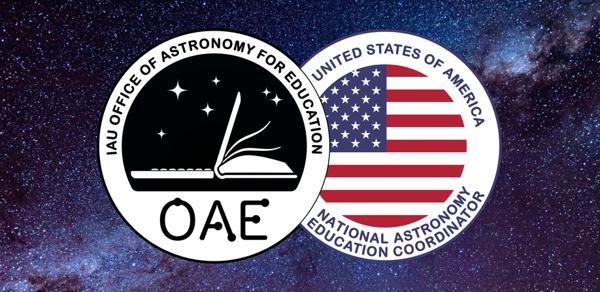Glossary term: 科学方法
Description: 科学方法常常被不准确地描绘成一个线性的过程,但实际上它是动态的、多层次的。没有通用或固定的科学方法,科学家探索物理世界的方法也各不相同。它主要包括了实验数据对理论支持的重要性和要求,以及结果的可重复性和经过其他研究人员的检查。科学方法涵盖一系列以哲学原理为基础的方法论,并且可能具有一些明确的特征,如实验、系统观测或基于证据的解释,但并不局限于这些。并不存在单一的、通用的科学方法,研究的目的指导着研究方法。大自然是复杂的,一种通用的研究方法是无法充分揭开其神秘面纱的。
Related Terms:
See this term in other languages
Term and definition status: The original definition of this term in English have been approved by a research astronomer and a teacher The translation of this term and its definition is still awaiting approval
The OAE Multilingual Glossary is a project of the IAU Office of Astronomy for Education (OAE) in collaboration with the IAU Office of Astronomy Outreach (OAO). The terms and definitions were chosen, written and reviewed by a collective effort from the OAE, the OAE Centers and Nodes, the OAE National Astronomy Education Coordinators (NAECs) and other volunteers. You can find a full list of credits here. All glossary terms and their definitions are released under a Creative Commons CC BY-4.0 license and should be credited to "IAU OAE".
If you notice a factual or translation error in this glossary term or definition then please get in touch.








